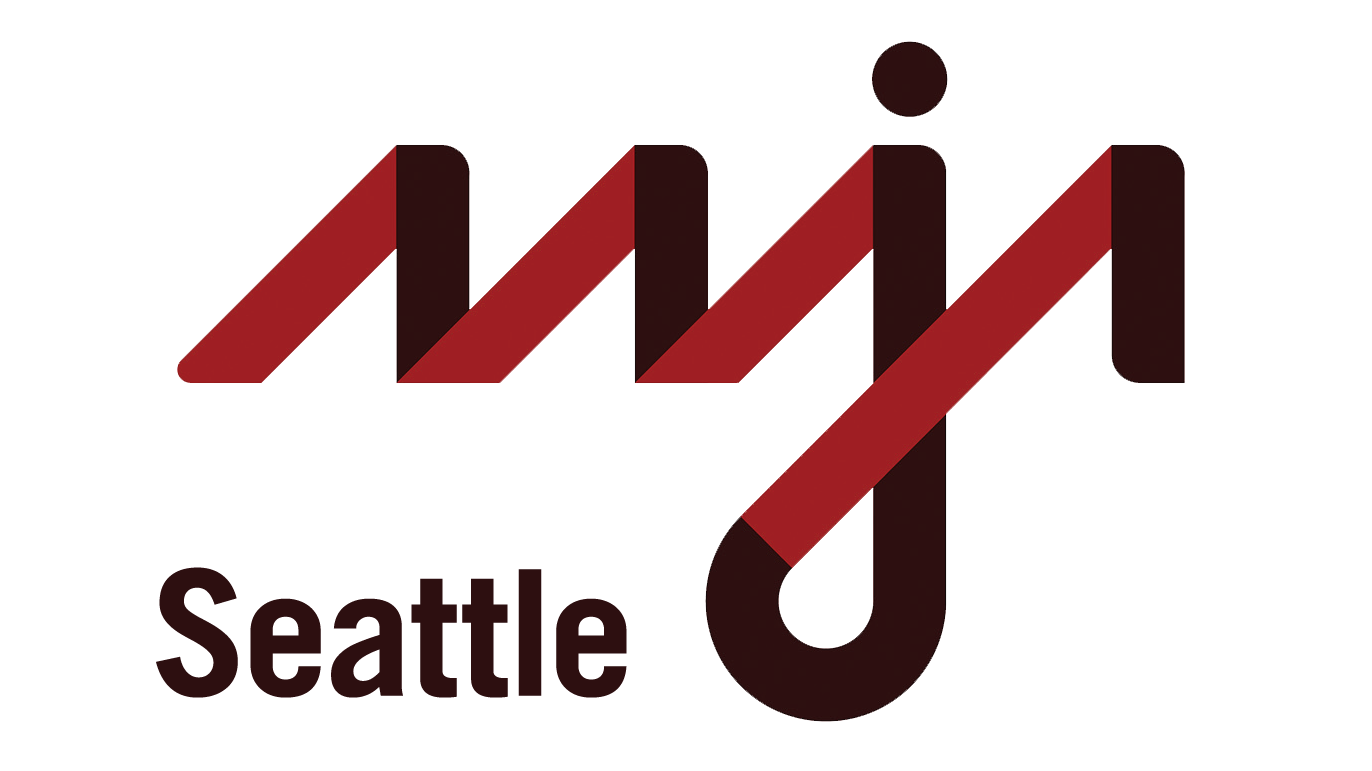Journalists in jeopardy: the cost of international reporters
By Kyle Kim
The following is a crosspost written by Yong Kyle Kim, a student AAJA Seattle member.
If a magic genie appeared and granted me any job I desired, I would ask to be an international reporter.
The mix of adventure, excitement and danger with a focus on international issues just sounds so perfect.

Thursday’s morning plenary session at the AAJA 2009 National Convention in Boston addressed the various aspects of international journalism.
And with the recent events of journalists Euna Lee and Laura Ling‘s release from North Korea (which they sent a short little video thanking AAJA for their efforts) has led me and others to rethink how reporters are putting their life on the line. They risk themselves for the sake to create compelling news in places where free press is not a guaranteed right. And not only that, the landscape of international reporting is changing.
“The Web opens the door to a new generation of journalists,” Juju Chang, ABC News correspondent said in a panel with two other journalists with experience in international reporting.
Many international reporters today work as mobile journalists – a “one-man band in the finest sense,” she said in the context of ABC’s program.
But this shift from established foreign bureaus to solo backpack journalism is something that is happening more often – especially with the financial state of news organizations.
So international reporters lose a network and safety net of an established bureau. What’s a gain?
“It is a tremendous opportunity to cover stories that won’t normally get covered,” Chang said.
So with the future of international reporting possibly going under reinvention, what should journalists who are seeking to report abroad do? Roxana Saberi, Iranian-American journalist who was arrested in Iran this January and released in May, tells AAJA members five useful tips:
1. If you want to freelance internationally, pick a country with fewer journalists.
2. Know how to tell stories in multiple mediums
3. Become a part of the language and culture. And familiarize yourself with the legal system of the host country.
4. Balance pressures between the press, host government, your boss and self conscience.
5. Have a go-to person. A friend or family member who can check in everyday to make sure you are safe and out of danger.

